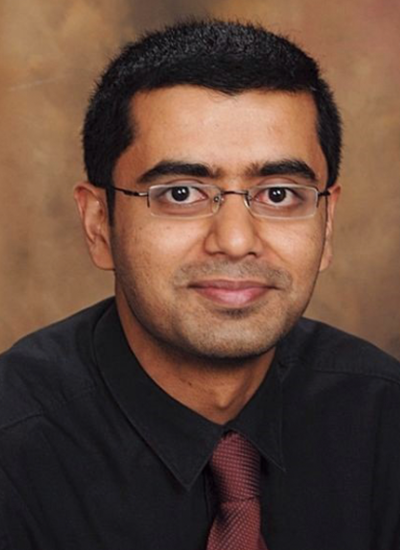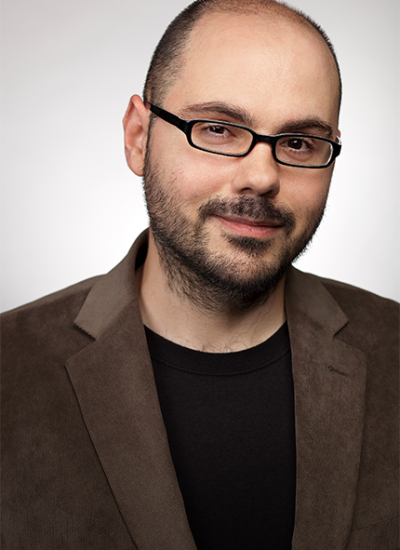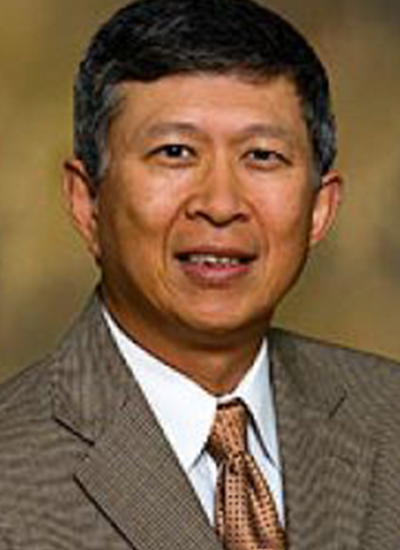Cognition
Associate Professor, Biomedical Engineering
Assistant Professor, Applied Mathematics - GIDP
Assistant Professor, Clinical Translational Sciences
Assistant Professor, Statistics-GIDP
Assistant Professor, Systems and Industrial Engineering
Member of the Graduate Faculty
Assistant Professor, BIO5 Institute
Primary Department
Department Affiliations
Contact
(520) 621-6559
Fabian Fernandez
Assistant Professor, Psychology
Assistant Professor, Evelyn F Mcknight Brain Institute
Assistant Professor, Neurology
Assistant Professor, Neuroscience - GIDP
Assistant Professor, BIO5 Institute
Primary Department
Department Affiliations
Contact
(520) 621-7447
Work Summary
Fabian-Xosé Fernandez's work includes a focus on parsing the logic used by the circadian pacemaker to interpret multidimensional light patterns, developing light-emitting diode (LED) photo-stimulation protocols to improve mental and physical health across the lifespan, and understanding the role that nocturnal wakefulness plays in suicide risk and developing countermeasures centered around light exposure.
Research Interest
Lisa K Elfring
Associate Vice Provost, Office of Instruction/Assessment
Associate Specialist, Biology Education
Associate Professor, BIO5 Institute
Primary Department
Department Affiliations
Contact
(520) 621-1671
Work Summary
There are over 30,000 undergraduates on our campus, and the skills and knowledge they gain here will shape their future careers and their lives. My work focuses on helping faculty members to reach their potential as teachers, and working to support them in the critical work they do.
Research Interest
Hsinchun Chen
Professor, Management Information Systems
Regents Professor
Member of the Graduate Faculty
Professor, BIO5 Institute
Primary Department
Department Affiliations
Contact
(520) 621-4153





